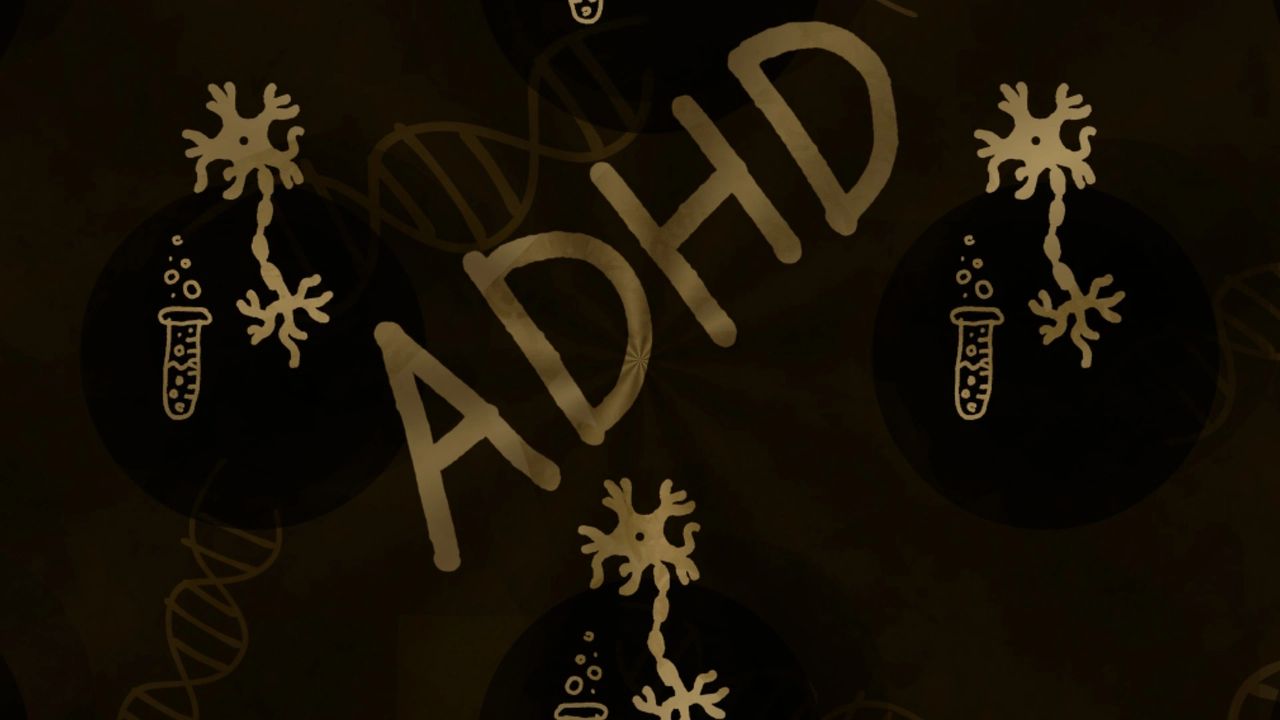I recently had a 34-year-old client come to me with freshly diagnosed ADHD. He is an employed graphics designer, with savings and a support system, but he is struggling. “I can’t seem to get out of my own way,” he shared, as he explained how hard it was for him to settle his mind, sleep, and relax. Most of all, he says, “I hate myself and my brain.”
Many people who struggled with schoolwork and attention were raised thinking they were less than their peers. Constantly getting in trouble at school and at home takes its toll, and some children were disciplined regularly because of this behaviour. As such, the child grows up with shame.
Shame is tough. We don’t like to feel shame, and as such, we mask it as anger or rage. Often, it manifests as anxiety or depression. When a child spends their whole lives trying to live up to an impossible standard, they have a deep sense of never feeling good enough. When this is complicated by a chaotic environment or physical discipline that would be easily classified as abuse by today’s standards, there’s a lot an adult with ADHD has to unpack.
Interestingly, clients often have trauma from a late diagnosis, meaning that the mere fact of growing up with ADHD and not knowing has caused them trauma. For some adults, ADHD shows up very differently than in children, particularly if they never struggled in school or weren’t impulsive. For some, just the diagnosis helps click things into place, giving them the label to understand why they felt so different or out of step for so long. For others, receiving the diagnosis only brings on more anxiety.
In ADHD counselling, a trauma-informed approach is always helpful. I have yet to see a recently diagnosed ADHD client who doesn’t battle with self-esteem issues. If diagnosed as a child, they have had longer to process and understand themselves, but even still tend to struggle with the constant feeling that what they are doing is never enough.
“My mental illness holds me back,” I sometimes hear from clients, which infuriates me. We have been taught to believe that ADHD is an illness (even its name states “disorder”), and the American Psychiatric Association’s DSM-5 classifies it as such, largely due to providing diagnostic frameworks for practitioners. However, ADHD is not an illness, and I prefer to see it as a “brain style.”
ADHD folks have brains that allow for hyperfocus, tend to move faster, and keep them engaged and excited about the world. Often, an ADHD brain may be a little braver, and it’s no surprise that there’s a valid link between ADHD and entrepreneurship, as shown in this 2014 Forbes article. Some of the world’s most successful have ADHD, business successes like Richard Branson, Charles Schwab, and Walt Disney; sports stars like Michael Jordan and Michael Phelps; superstars like Justin Timberlake and Jim Carey, and even (according to some Internet reports) Albert Einstein.
Therapy helps ADHD clients unpack the often-significant trauma they have either been told or told themselves growing up about their limitations, helping to build their self-esteem and self-worth. While identification is important, identifying and analyzing traumatic emotions is a huge step in understanding yourself and your brain.
About Impart Therapy
Impart Therapy is an Ontario-based virtual based psychotherapy practice specializing in providing care for clients (ages 14 +) who are facing anxiety, depression, ADHD, stress, and anger, as well as women with menstrual issues such as PMDD, severe PMS, and PME, menopause. For more details and to book a complimentary meet and greet, please visit www.imparttherapy.com – Therapy, Counselling


